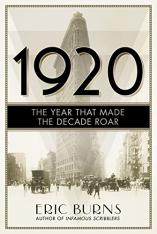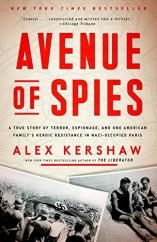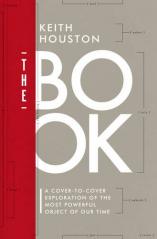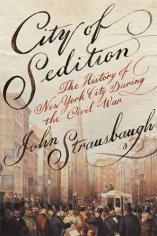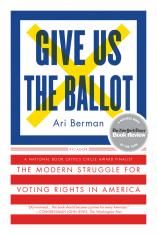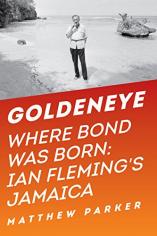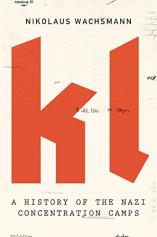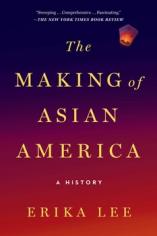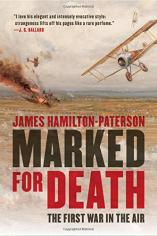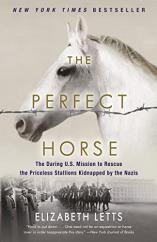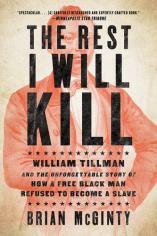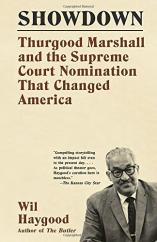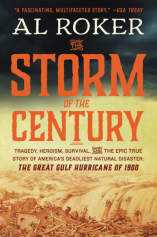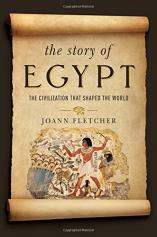August 2016
History Books Roundup: Reliving the Past
August 2016

August's roundup of History titles includes AMERICAN HEIRESS, Jeffrey Toobin's definitive account of the kidnapping, crimes and trial of Patty Hearst, which defined an insane era in American history; A SQUARE MEAL by Jane Ziegelman and Andrew Coe, an in-depth exploration of the greatest food crisis the nation has ever faced --- the Great Depression --- and how it transformed America’s culinary culture; THE BOOK, in which Keith Houston follows the development of writing, printing, the art of illustrations and binding to show how we have moved from cuneiform tablets and papyrus scrolls to the hardcovers and paperbacks of today; and Brian McGinty's THE REST I WILL KILL, a surprising work of narrative history and detection that illuminates one of the most daring --- and long-forgotten --- heroes of the Civil War: William Tillman, an African-American sailor who was born a free man.

